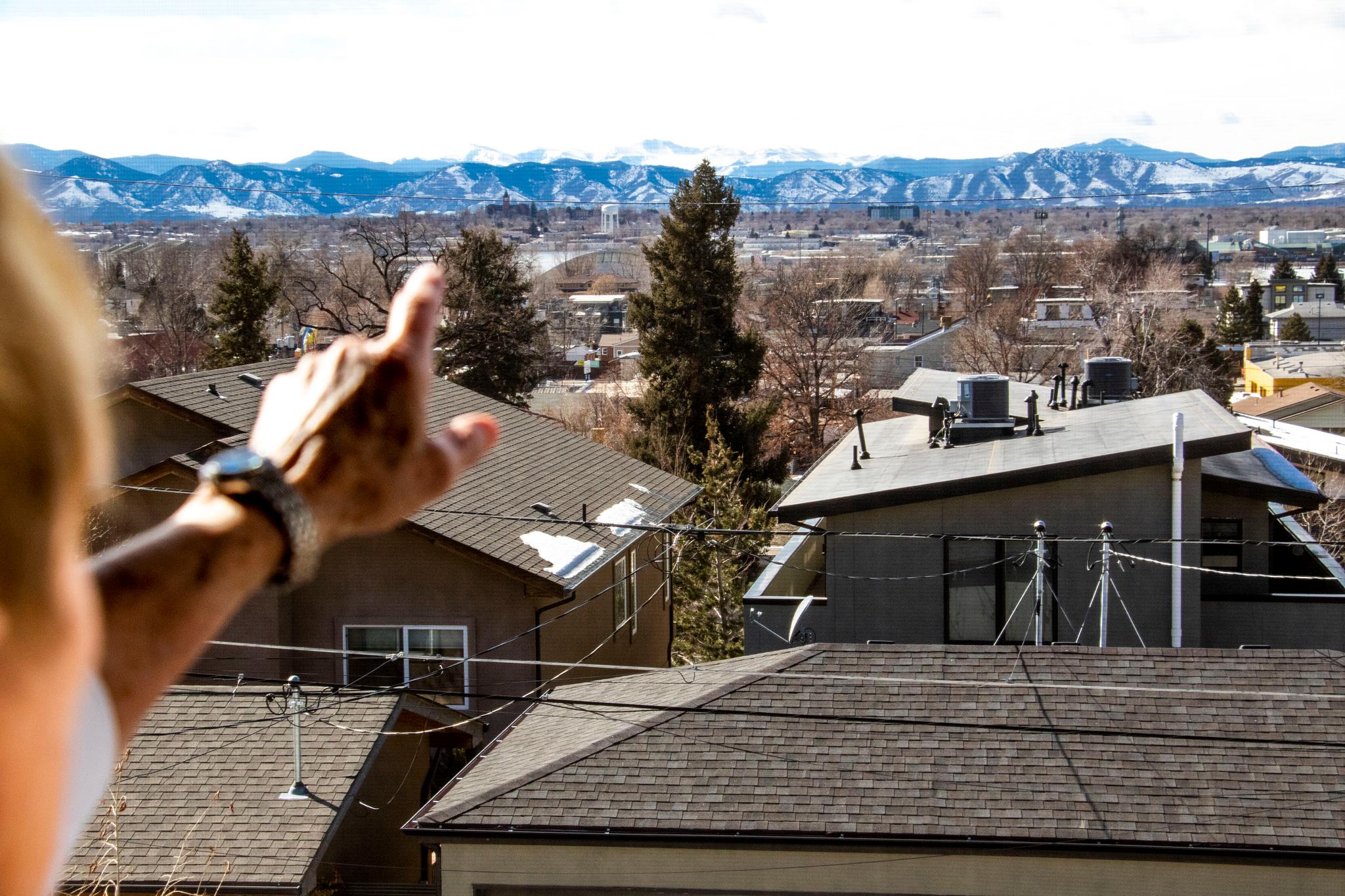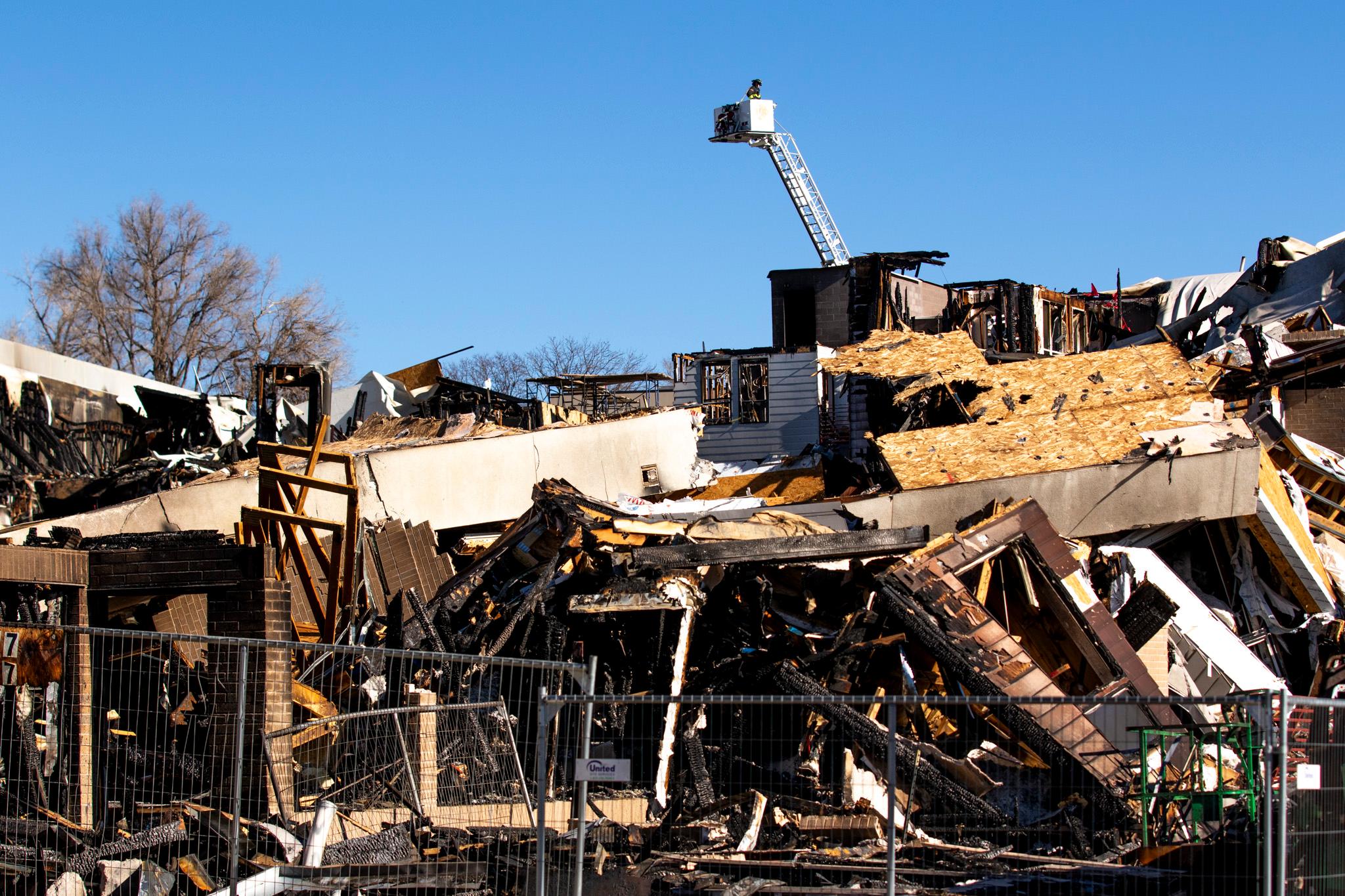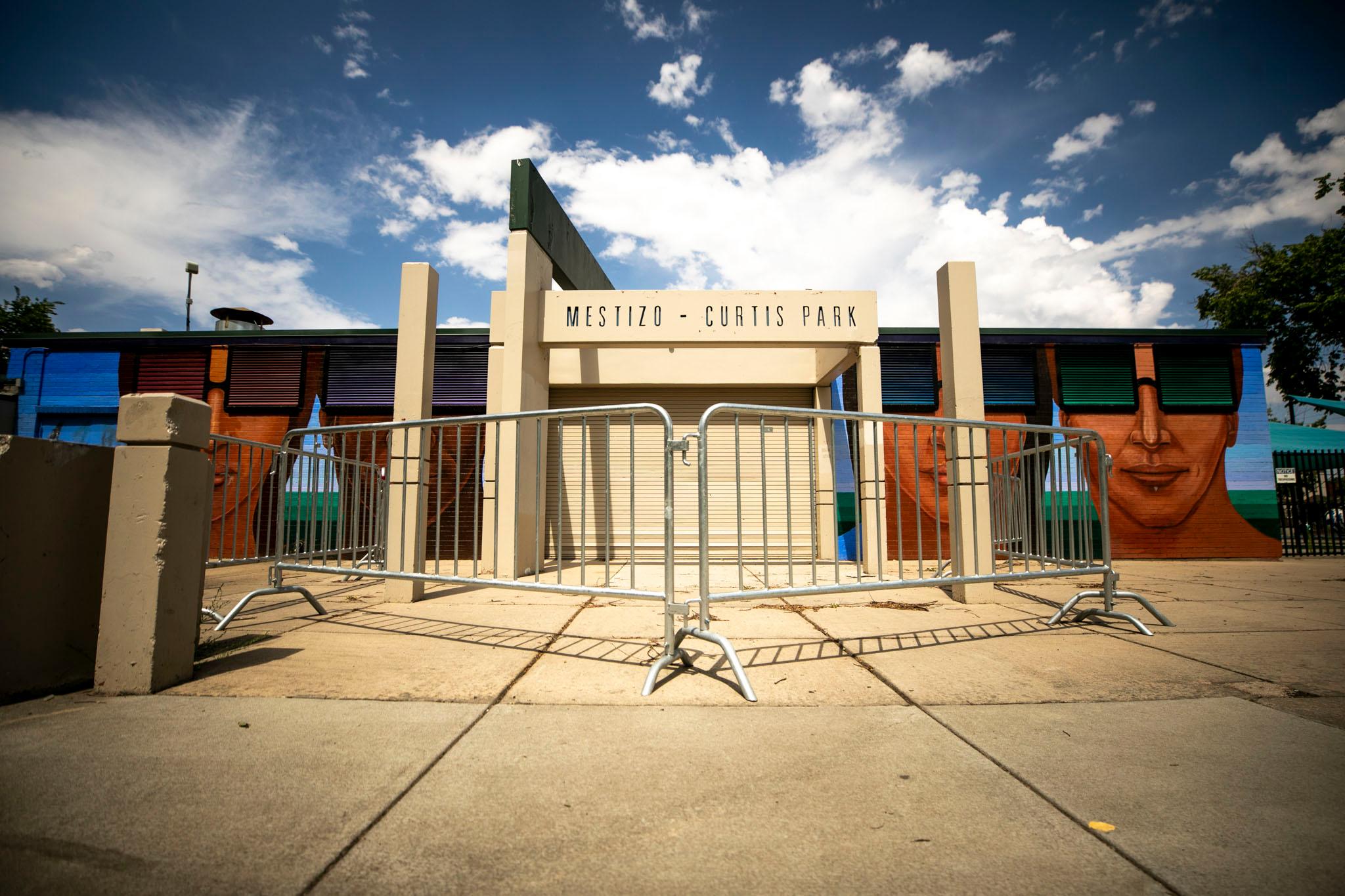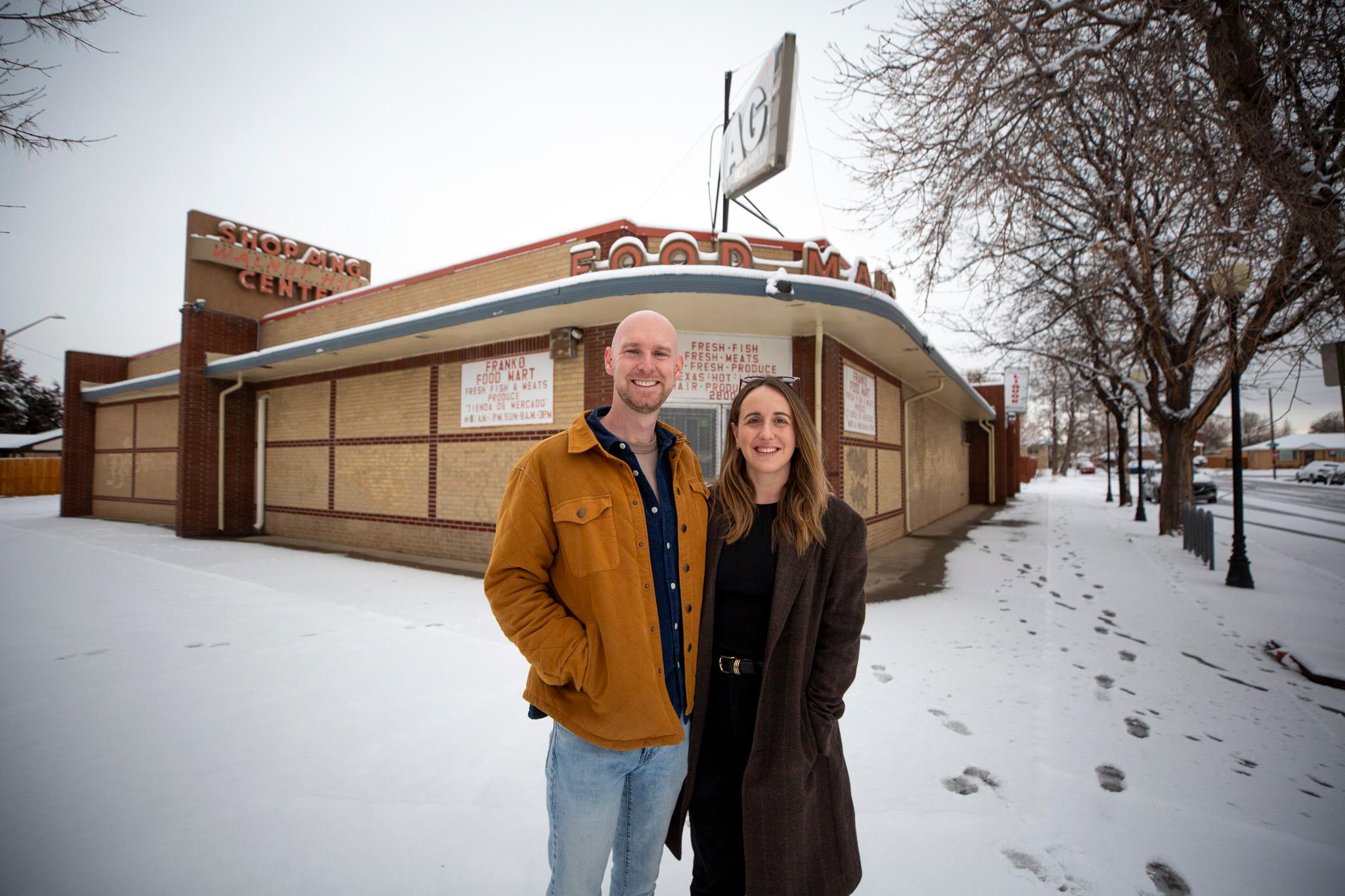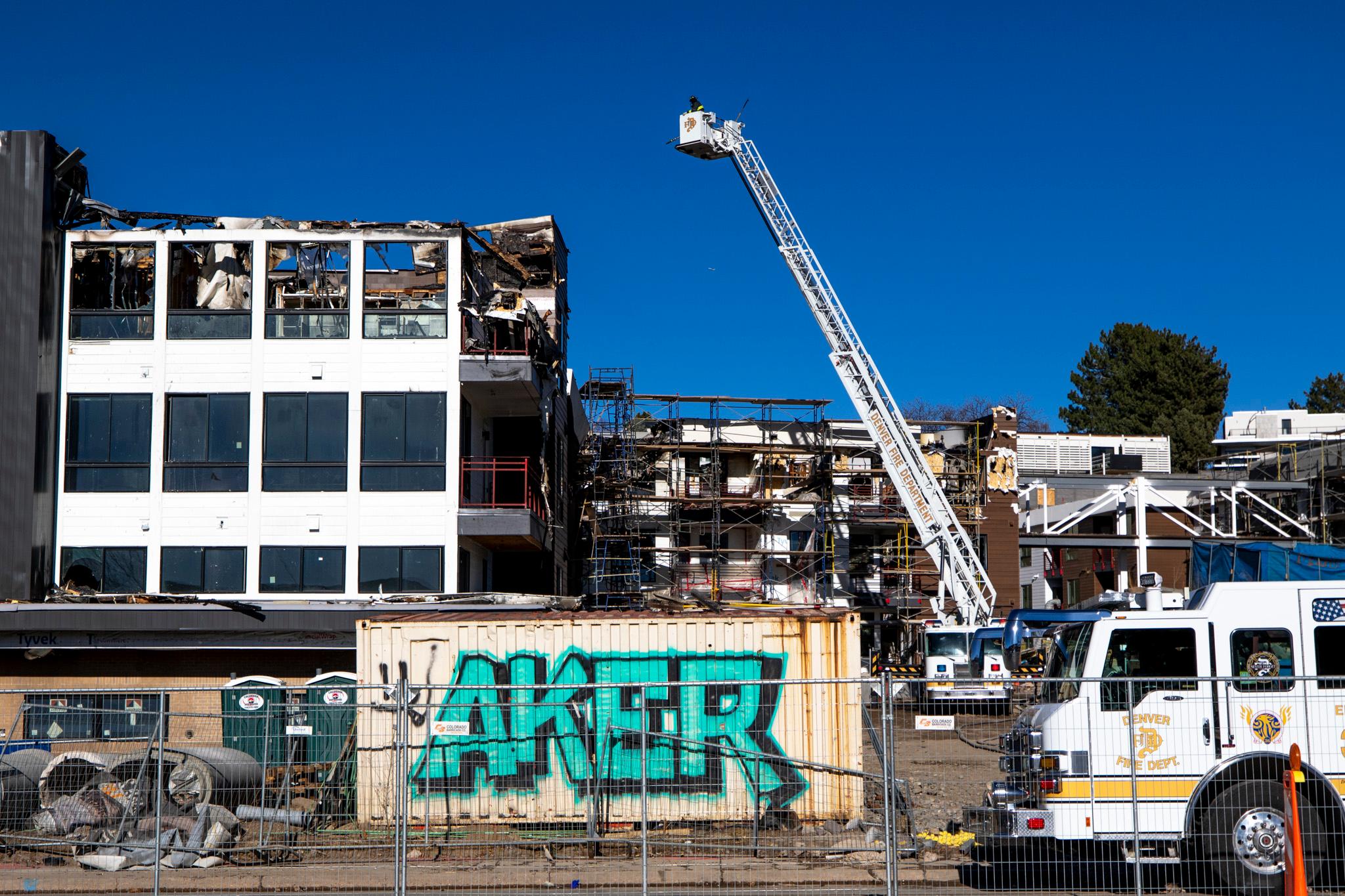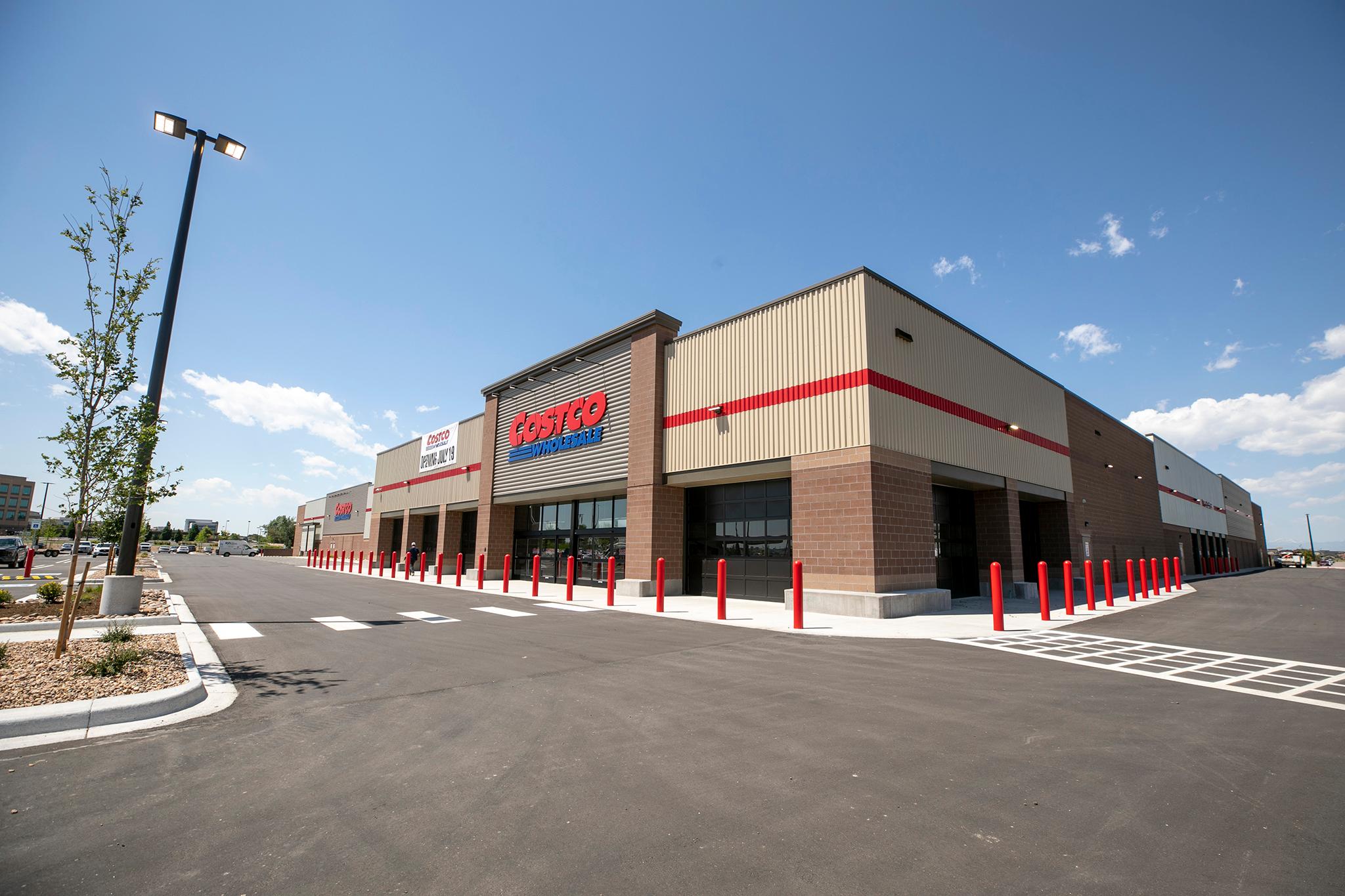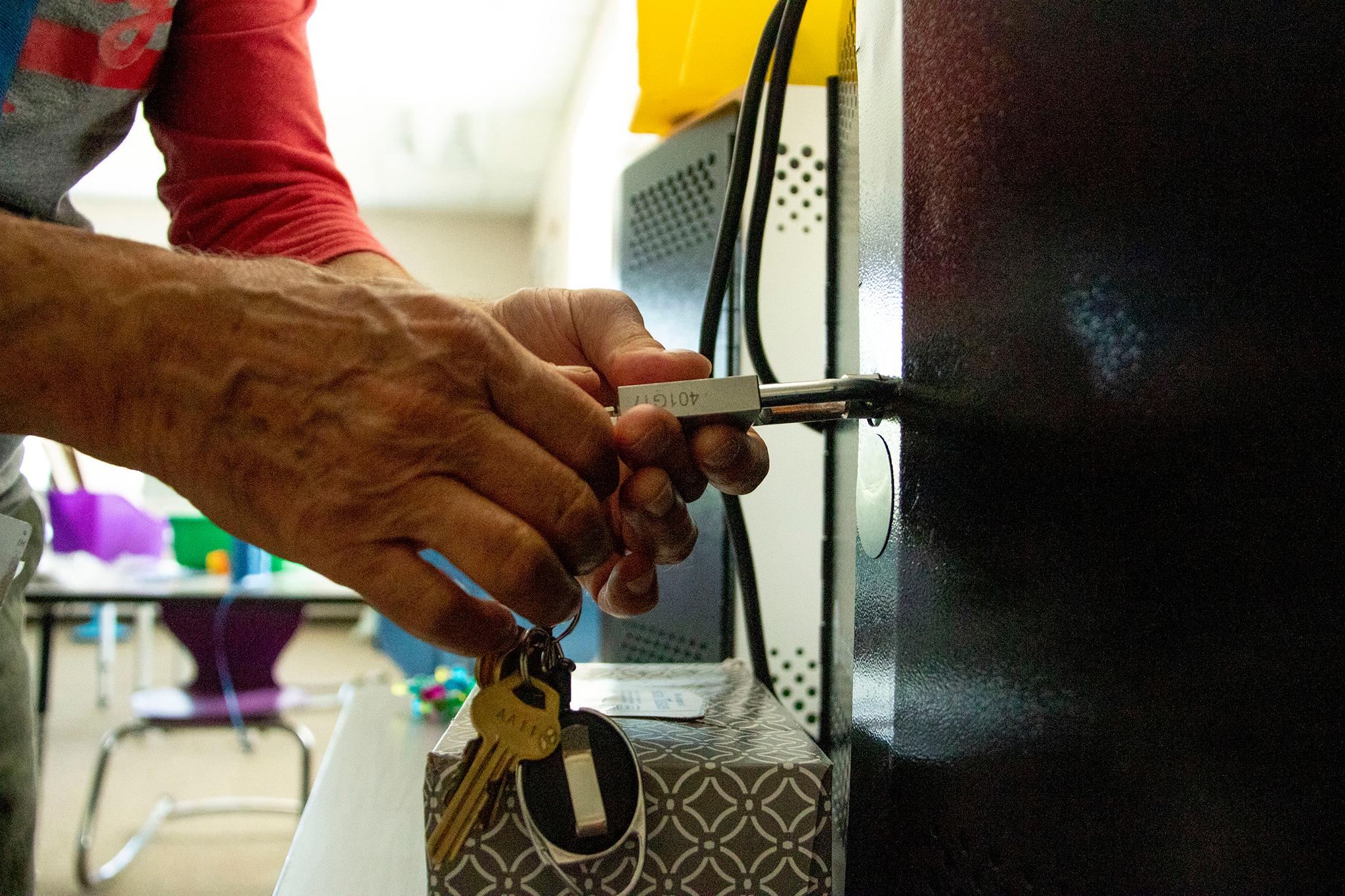Denver-area home prices continue to drop month-to-month, though they are still higher than they were this time last year.
"All of the major statistical categories are pointing towards the market slowing down," noted realtor Andrew Abrams, who chairs the Denver Metro Area Realtors Market Trends Committee, in the group's market trends report.
For houses, the median price is $645,000, which is down nearly 1 percent from the previous month but up more than 11 percent from this time last year.
For condos and townhomes, the median price is $400,000, down over 2 percent from the previous month and up nearly 8 percent from this time last year.
Homes -- including houses, condos and townhomes -- are on the market an average of 19 days, which is up nearly 73 percent from this time last year.
At the end of the month, there were 6,939 homes for sale, a nearly 94 percent increase from this time last year.
The data takes into account the 11-county metro area: Adams, Arapahoe, Boulder, Broomfield, Clear Creek, Denver, Douglas, Elbert, Gilpin, Jefferson and Park counties.
What's causing the slowdown?
The Federal Reserve raised interest on mortgages, trying to combat inflation, according to the Denver Metro Association of Realtors. Higher interest rates mean fewer people are interested in buying and are willing to settle for wherever they live.
With more homes on the market, buyers also have more time to consider their purchases and be choosier. Sellers, who have heard about how easy it is to sell in recent years, are bracing themselves for longer waits.
In some cases, sellers are lowering the price of their homes and throwing in other perks.
Abrams noted that as fall arrives, people tend to be buying houses for personal reasons over financial investments. That means sellers have to keep their expectations fluid, which they have already been doing as the market has cooled.
In this market, out-of-towners are better positioned to buy than locals.
The online home market Redfin recently did a national study comparing the home-buying budget of out-of-town buyers to that of locals.
Incoming transplants have an average target price of $983,761. That's nearly 12 percent more than locals, who have an average target price of $879,964.
"That gap puts Denver in the top 10 cities nationwide where the purchasing power of out-of-towners outpaces that of existing residents -- a factor that's significantly driving up home prices and critically limiting housing supply," according to the report.
Those numbers are based on potential buyers.
For a family of three making the area median income of $105,500 -- and who can afford a $60,000 down payment -- the maximum home budget should be around $409,500, putting homeownership far out of reach for most residents.
Rents, in turn, continue to rise.

